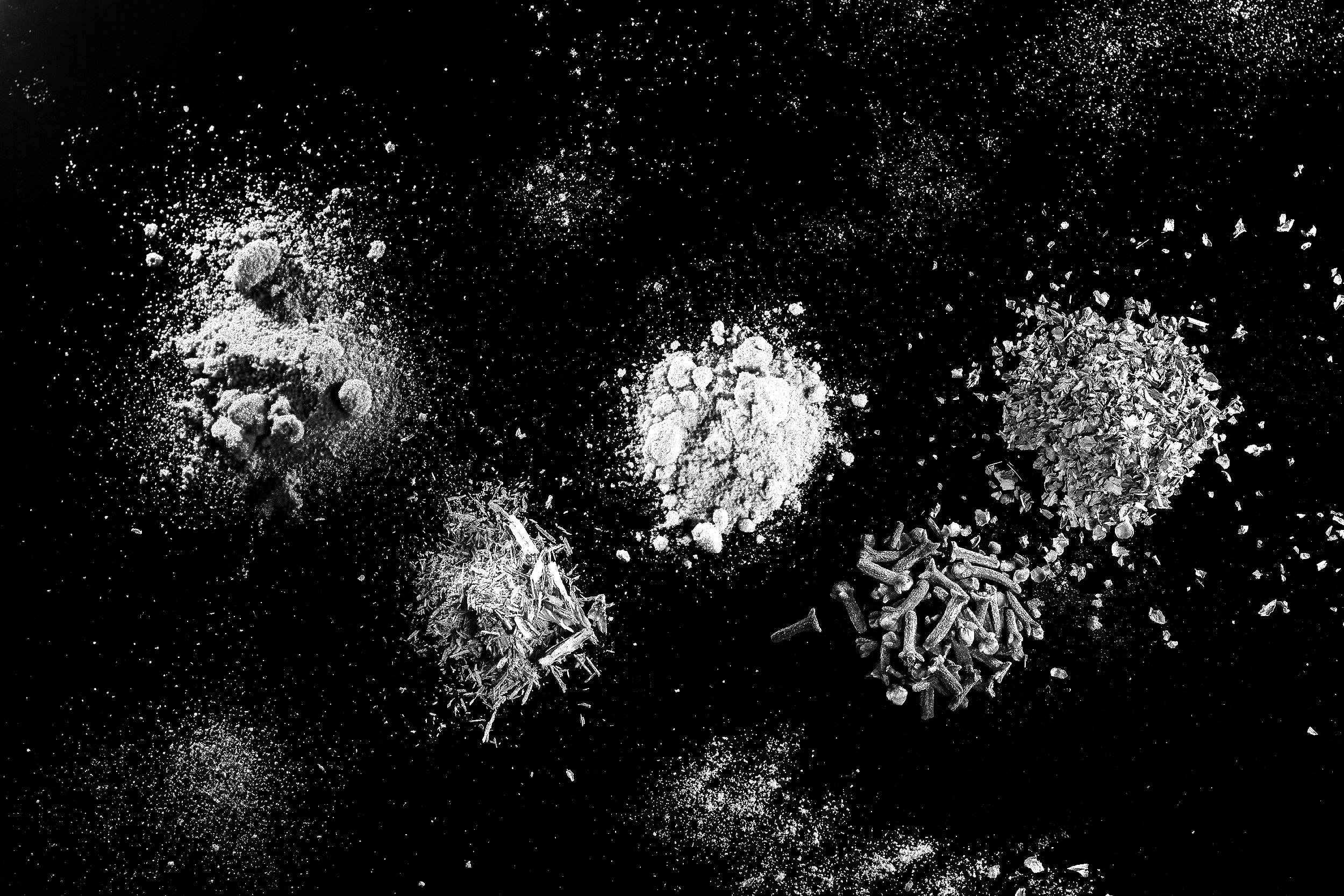
2 Pieces
By Danie Shokoohi
Identifies with the nation of Iran
REFRACTIONS
Built in 1650, Pol e Khaju is a bridge in Isfahan topped with a building
which has historically served as a political meeting ground. In Iran, all art
must first make it past the political and religious censures.
My mother names it our country, but I can’t
drink the tap water. My Farsi, octogenarian,
because our Iran is a flowerbed of ghosts,
not the Isfahan evening where, even now,
the old love songs echo over the water.
Calling as if azhan, I pray myself singing
چی بگم از دل تنگم
Fourteen, American, so ready to be brave in theory.
A woman leans forward, rousari
shawling her shoulders. The Basij
broke a man’s throat here last week.
He will never sing again.
Atop the bridge, crowning the tea house,
an unused chamber curves like a sluice gate.
The singers always return by low tide.
Khaju doubles like a mirror.
Years later, a friend says America
makes every second gen poem a diaspora
poem, especially if it isn’t.
At fourteen, I tug my mother’s ropoush, we cannot
be here. If the Basij come. If they catch us.
Our shapes glaze on the darkling river.
Is this the story you wanted to hear?
How benevolent,
to be left all this room.
PANTOUM IN WHICH I LIE TO THE BASIJI WHEN SHE ASKS ABOUT MY SHORT ROPOUSH
The Basij are a state-sanctioned vigilante group in Iran, also known as the religious police.
They are frequently deployed to attack protestors monitor dress code,
arrest civilians, and beat those infracting Sharia law.
In my mother’s favorite story about Iran,
the cab driver deposits us at the threshold of a checkpoint.
No way to go around but through them.
The Basij, with their sashes of gleaming machine guns.
I tremble at the threshold, the cab receding
as my mother powerwalks ahead, melding into the crowd—
the row of machine guns gleaming, so close
as the Basiji’s hand closes around my wrist,
my mother, unaware, barreling away,
abandoning me on the sidewalk, the sun bearing down,
the closed hand bruising my wrist.
Above the Basiji’s head, the heavy shelf of Damavand watches
me quiver on the sidewalk, sun-drenched, abandoned.
The Basiji gestures to the skin of my wrists, Iraani hasti?
The mountain, pregnant with snow, a witness.
My mouth dry, both languages jaw locked,
the problem of my bare wrist, Iraani hasti?
Forgive me. I had no choice.
My lockjaw Farsi fleeing my mouth,
saying what? I don’t understand.
I made the only forgivable choice—
and this is my mother’s favorite story about Iran—
saying I don’t understand, saying what?
and she will call it courage and I will
learn which parts of me she cannot love.
Danie Shokoohi is a 2020 graduate of the University of Wisconsin-Madison MFA program. Her fiction, poetry, and non-fiction have been previously published in Lake Effect, Foglifter, the Cincinnati Review, the New Ohio Review, and others. She was raised in Michigan by my Iranian mother.